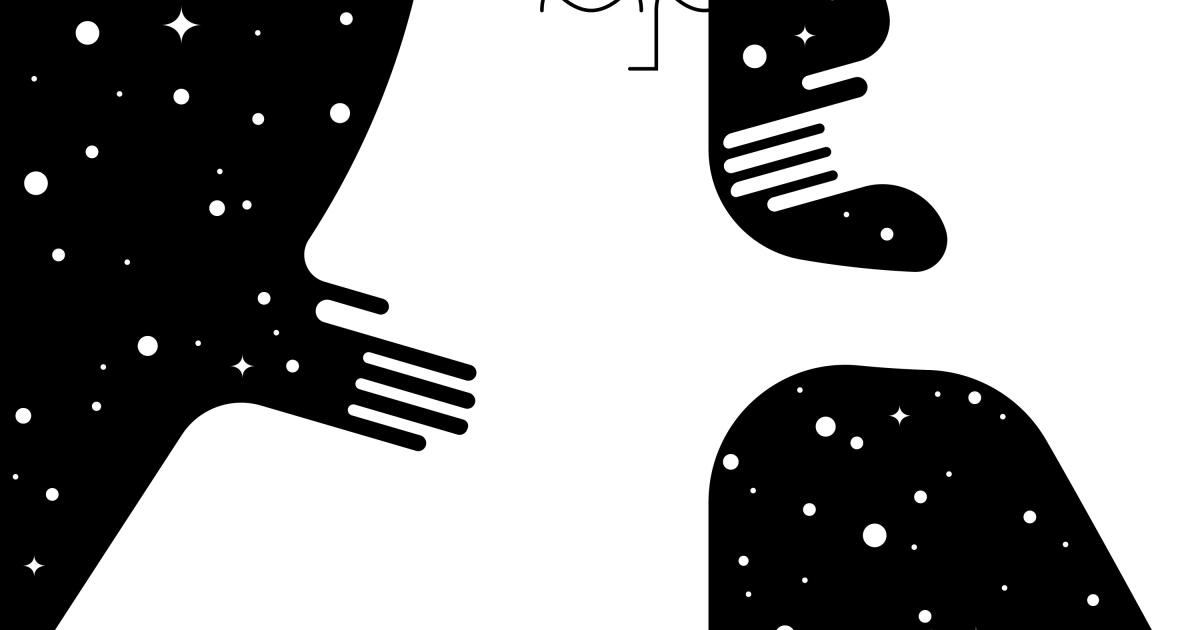Earlier this year, a spiritual coach and reiki healer who goes by the name Zen Oasis posted a video to TikTok explaining the idea of “the shadow self” to her 167,000 followers. Sitting lotus-style in a yellow halter top with a stick of sage smoldering in one hand, the Atlanta native described an exercise she did to become acquainted with her own shadow — a term coined by the early 20th century psychologist Carl Jung to describe the parts of our psyches that we have buried deep in our subconscious. “I sat down and wrote down all the things I can’t stand about people.
The things that really got me like, yech, ick,” she said, one hand raised in disgust. “Then I looked at that really long list and took my top five, and I was just like, ‘You know what? This is me. This is me all day.

’” “It might sound a type of way,” she said. “But this was the best way for me to see the things I can’t see about myself.” The video , which has been viewed more than 36,000 times, is just one of over 48 million on the social media platform that explores the topic of shadow, and one more piece of evidence of a wide-ranging resurgence of Jungian fascination.
“People are really uncertain about the world and where it’s going to go and they are coming to Jung because they want to find solutions,” said Christophe Le Mouel, director of the C.G. Jung Institute of Los Angeles.
At a time when conversations around self-discovery are surging, the analyst’s theories on the co.























